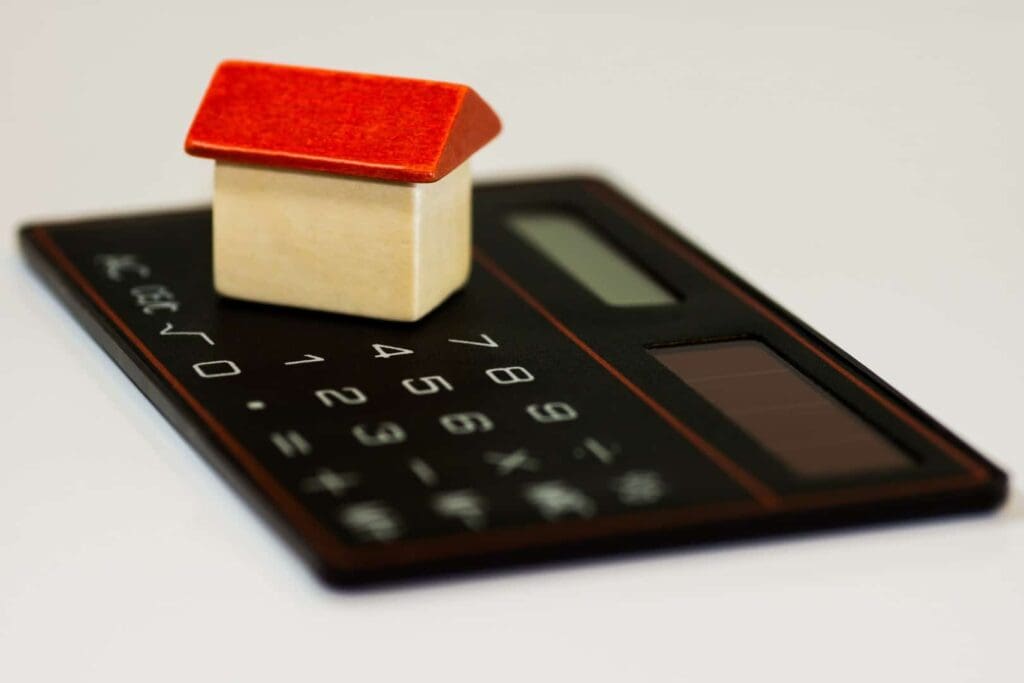Now more than ever, it is important for potential home buyers to prepare their credit for the mortgage application process. Cleaning up a credit report and increasing their credit score will improve a buyer’s chances of a loan approval. For those who already have great credit, maintenance is key to securing a favorable interest rate. Here, new buyers will learn How to Improve your Credit before buying a home.
Check Credit Reports Regularly
When a buyer submits a mortgage application, the lender looks for three factors: a sizable down payment, a steady source of income, and a good credit history. By checking the credit report, a buyer will see whether there’s anything hurting their score. It’s up to the bank or lender which report they pull, so it’s important to check with all three credit bureaus. Simply go to AnnualCreditReport.com for a free copy of each.
Dispute Every Inaccurate Entry
Incorrect information can severely affect a buyer’s credit score and, in many cases, may even result in the denial of a loan application. Before applying for a mortgage, improve your credit and get rid of inaccuracies by disputing them with the appropriate credit bureau. If an individual has proof of the mistake, providing it helps to ensure its removal from the report.
Pay Off Those Delinquent Accounts
Any late account, charge-off, judgment, or bill in collections is considered a delinquent account. Mortgage lenders must be convinced that a borrower will make timely payments, and an outstanding delinquency will ruin one’s chances of getting a loan approval. Pay off all currently delinquent accounts before submitting a mortgage application.
Hide Delinquencies With On-Time Payments
To get approved for a home loan and secure a favorable interest rate, a borrower should establish a history of on-time payments. If a buyer has a late payment or has recently paid off a delinquency, they should wait at least half a year before applying for a loan. The older a delinquency is, the better a borrower’s credit appears.
Lower Debt-to-Income Ratio
A mortgage underwriter will doubt a borrower’s ability to make their monthly payments on a bad credit home loan if they have substantial debt in relation to their income. Bring monthly debt payments to a maximum of 12% of total income. The lower the number is, the better the applicant looks. After getting a mortgage, the debt-to-income ratio will undoubtedly rise, but it should be no more than 43% of the total income.
Check Those FICO Scores
Buyers should order their TransUnion and Equifax FICO scores to learn where they stand. A borrower’s FICO score should be no less than 720 to get a favorable interest rate. If their score is lower, the included analysis will tell them where there’s room for improvement. Although many lending institutions still use it, Experian doesn’t allow borrowers to purchase copies of their FICO scores. To get an idea of their Experian score, a buyer can get a three-in-one report from one of the other credit bureaus.
Don’t Accrue Any Additional Debt
Taking on new debts may make mortgage lenders suspicious of a borrower’s financial sensibility and stability, even if their debt-to-income ratio is below the recommended 12%. It is wise to avoid new credit transactions until mortgage approval is received. This includes credit card applications because every credit inquiry affects a borrower’s credit score.
Get Started Now
As unfortunate as it is, a person’s credit score says a lot about them and their ability to repay their obligations. Before applying for a mortgage, buyers should take the above steps to improve their bad credit and increase their chances of getting a loan at a reasonable rate. The sooner a buyer starts the credit improvement process, the faster they’ll get the mortgage and the home they want. Contact one of our knowledgeable Loan Officers for more tips on How to Improve your Credit before buying a home.


